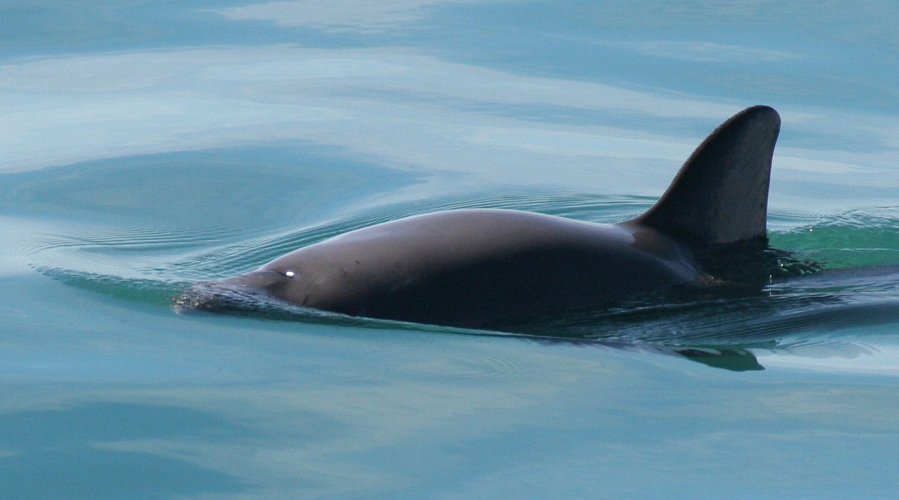Mexico’s inability to protect the vaquita marina, a small porpoise that is the world’s most endangered marine mammal, has led to it been sactioned by the international wildlife body known as CITES, the ocuntry confirmed on Saturday.
Although the sanctions have not been made public yet, they could make it difficult for Mexico to export some regulated animal and plant products like crocodile or snake skins, orchids and cactuses. Commercial seafood species like shrimp would not be affected, but the ruling sets a precedent amidst calls by some groups that wants seafood import bans for the Latin America country.
“While no one relishes economically painful sanctions, all other efforts to prompt Mexico to save the vaquita have failed. We hope these strong measures wake up the Mexican government,” Sarah Uhlemann, international program director at the Center for Biological Diversity was quoted as saying.
Mexico’s Foreign Relations Department said in a statement that CITES had ruled that Mexico’s protection plan for the vaquita was insufficient and said the full ruling — and possible sanctions — “will be officially announced next week.”
The Department called the ruling an “unequal treatment of our country, because its did not take into account the many and exhaustive actions that have been taken.”
Read also: Water missing from climate planning not god enough, scientists warn
Mexico had recently submitted a revised protection plan to CITES after an earlier version was rejected by the body. Mexico’s plan lists establishing “alternative fishing techniques” to gillnet fishing as one of its top priorities where in reality the government’s protection efforts have been uneven, and face incessant violent opposition from local fishermen.
The administration of President Andrés Manuel López has largely refused to spend money to compensate fishermen for staying out of the vaquita refuge and to stop using gill nets. The nets are set illegally to catch totoaba, a fish whose swim bladders are a delicacy in China worth thousands of dollars per pound.
The government has also sunk concrete blocks with hooks to snare illegal nets in the last bit of the Gulf — also known as the Sea of Cortes — where the vaquitas have been seen.
Experts have also said the Mexican government has not spent enough money to train and compensate fishermen for using alternate fishing techniques such as nets or lines that won’t trap vaquitas.
CITES is the Convention on International Trade in Endangered Species of Wild Fauna and Flora, signed by 184 countries; it regulates trade and protection for protected species.
Story was adapted from AP.
